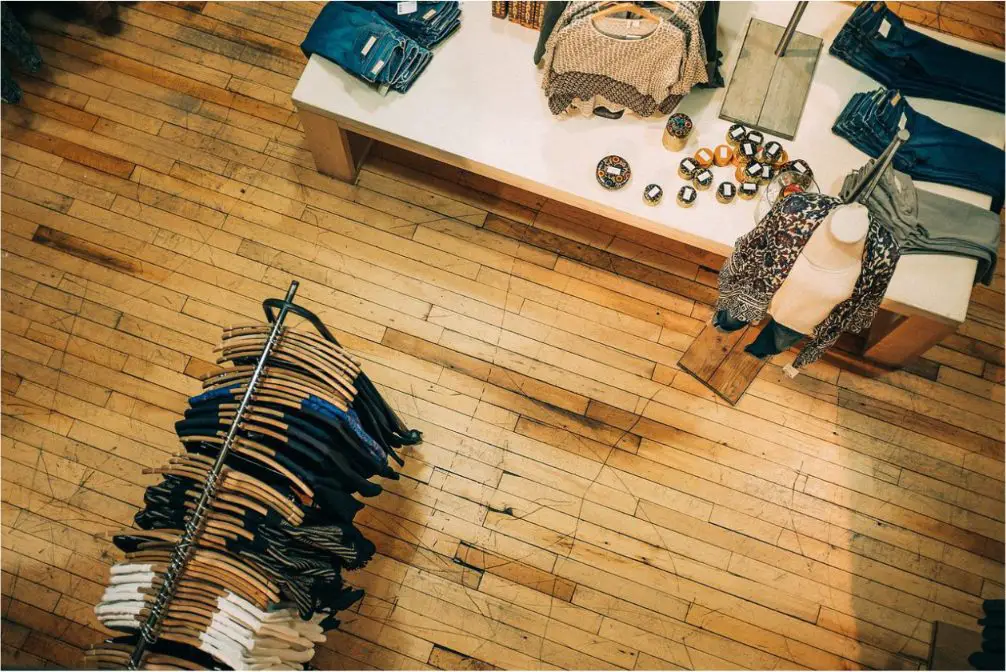
Image source: Pixabay

Online and offline security are some of the biggest concerns for businesses nowadays. First, due to the vulnerabilities exposed and created by the pandemic chaos, the number of cyber attacks increased 50% year over year.
Second, the number of thefts and acts of vandalism against commercial entities has also increased. Specialists think this is the aftermath of imposed lockdowns, forced work from home, and other worldwide events that lead to social unrest.
But you don’t need especially unfavorable circumstances to want to protect your business. Security is one of the main priorities even before a location gets opened to the public. So if you’re planning on opening a brick-and-mortar store, here are a few security systems you may want to consider:
#1: Access Control
Besides the standard security tips that every organization should know, you can also use physical systems to limit access to your business’ sensitive areas. For instance, you don’t want every employee to have access to the filing cabinets or your office. Plus, you need to make sure customers don’t end up in restricted areas by mistake.
The best way to limit access and monitor who has access where is to implement keypads that can be activated with a card swipe or a code.
These keypads record the activation code and keep track of the number of swipes. Also, if anyone tries to force their entry, you’ll be notified immediately.
#2: Limit Access to the Building
Many robberies are successful because the perpetrator could bring a getaway vehicle close to the building. This way, when they needed to run, they didn’t have to put too much effort into it.
This is why many commercial buildings that also have available parking space will try to limit access close to the building by installing some type of gate. The most common type is the swing gate because, with the right swing gate operators, you can easily maneuver them from afar.
However, there are situations where a swing gate may not be the best solution. So make sure to do your research before deciding on a system.
#3: Security Cameras & Video Surveillance
All commercial buildings, regardless of size and visitor traffic, must be equipped with security cameras. These often cover the access paths and the entrance areas, which is why each store or office must have security cameras inside the space they rent.
Besides their security role, these cameras can also provide useful data about visitors, employees, and anyone who enters the space. However, a proper video surveillance system also has to provide easy access to the footage, even if you are not on location.
#4: Sensors, Detectors, and Alarms
The best security system will send out notifications the moment it detects something is wrong. For this, you need to integrate various sensors, detectors, and alarms into your system.
Furthermore, all these elements should be able to raise an alarm and send notifications if something disrupts their activity.
An advanced security system will send out a notification when something isn’t according to the set standards and offer you easy access to the cameras and other monitoring systems to check things out. This way, you can easily tell if a sensor is faulty or if there are reasons to worry and call the security company.
Key Takeaway
Good security is designed to protect your business from intruders, snoopers, and thieves. But it can also be used to keep track of your employees’ time spent at work, which will provide insight into their productivity.
While it may seem like a significant investment, you can start with the essential elements and build upon them when the time comes. At the end of the day, better safe than sorry is the best motto you could use when it comes to security.